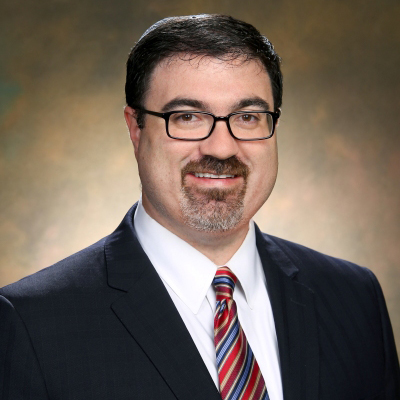This New Year brings new faces and opportunities to Temple Beth El. Rabbi Klass and I are thrilled to join Temple Beth El’s dynamic team of lay leaders, clergy, and staff. We are excited by the opportunity to serve both our congregation and the broader Jewish community. And we look forward to meeting you and getting to know you.
With all that is new this year, the Yamim-Noraim – the High Holy Days – also contain familiar vocabulary and thematic messages. For example, we hear the word, Teshuvah, and immediately recognize the Jewish themes of repentance, return, and renewal. Year after year our tradition invites us to begin with our hearts, explore our relationships, lift our eyes towards all of God’s creation, and consider how we navigate the journey ahead.
However, Teshuvah is often easier said than done. Even with the annual call for personal change, we know that assumptions are easy to make and habits are extremely hard to break. We convince ourselves that “this is how we have always been.” We persuade ourselves into thinking that others will not be receptive to our words of apology. We imagine that their words will be harsh or unkind. Perhaps, we take their love and forgiveness for granted.
The poet Jane Hirschfield wrote, “What is usual is not what is always.” These eight words are a perfect summary of the Jewish idea of Teshuvah. Change is possible. Our past may be a preamble. But our past is not our destiny. The choice for change is ours. Author and commentator Rebecca Solnit writes that “being hopeful means to be uncertain about the future, to be tender towards possibilities, and to be dedicated to change all the way down your heart.” For centuries our Jewish ancestors recognized this lesson. The Days of Awe are the Jewish way intentional living through asking ourselves: What were my choices and behaviors in the past year? What habits have I formed and continued to perpetuate? How have those habits helped or limited? When have I been a blessing to others? When have I built barriers that blocked me from receiving the blessings of others?
These High Holy Days are about awakening to the truth that our shortcomings are not inevitable, permanent, or self-defining. The poet is right, what is usual is not always. Silence can become speech. Anger can become forgiveness. Certainly can become curiosity. Sadness can become hope. Shanah Tovah – May you have a sweet and healthy New Year. And may we be moved by the words of our prayers and by the songs and silence, to ask important questions in the heart space that we create.
Originally published in the September issue of the Charlotte Jewish News




